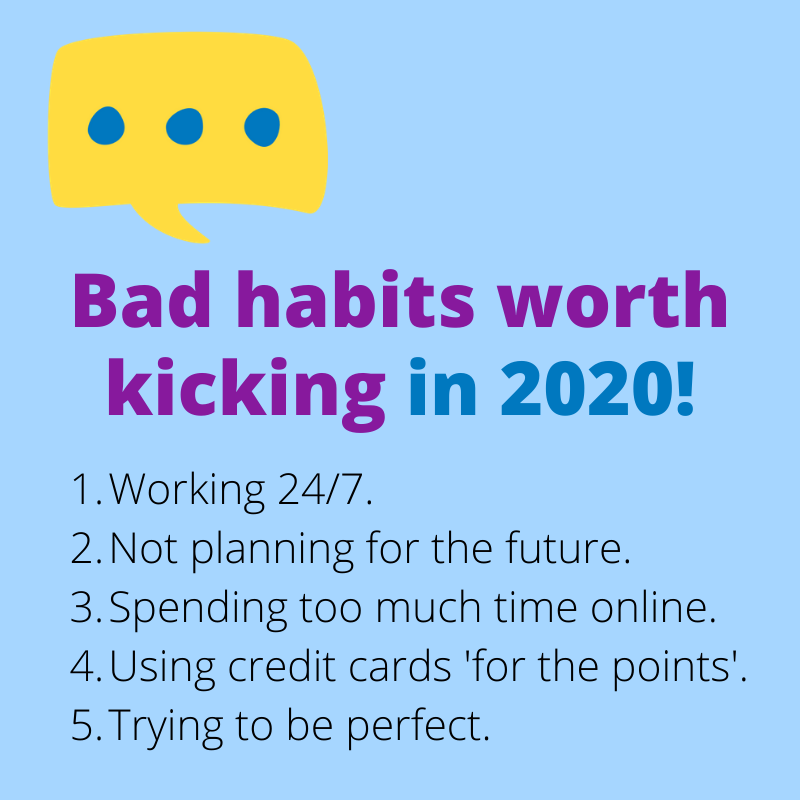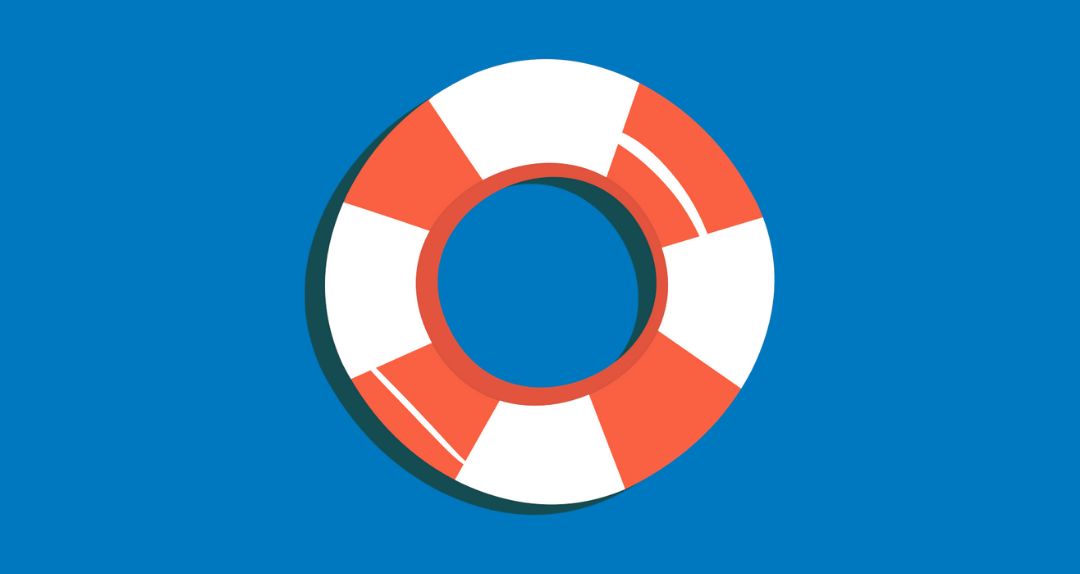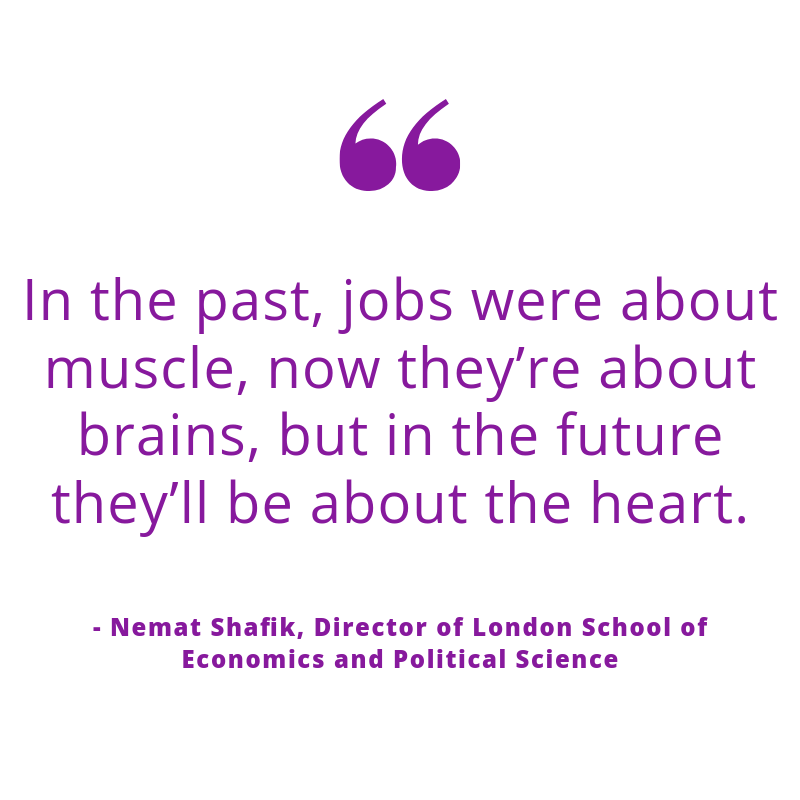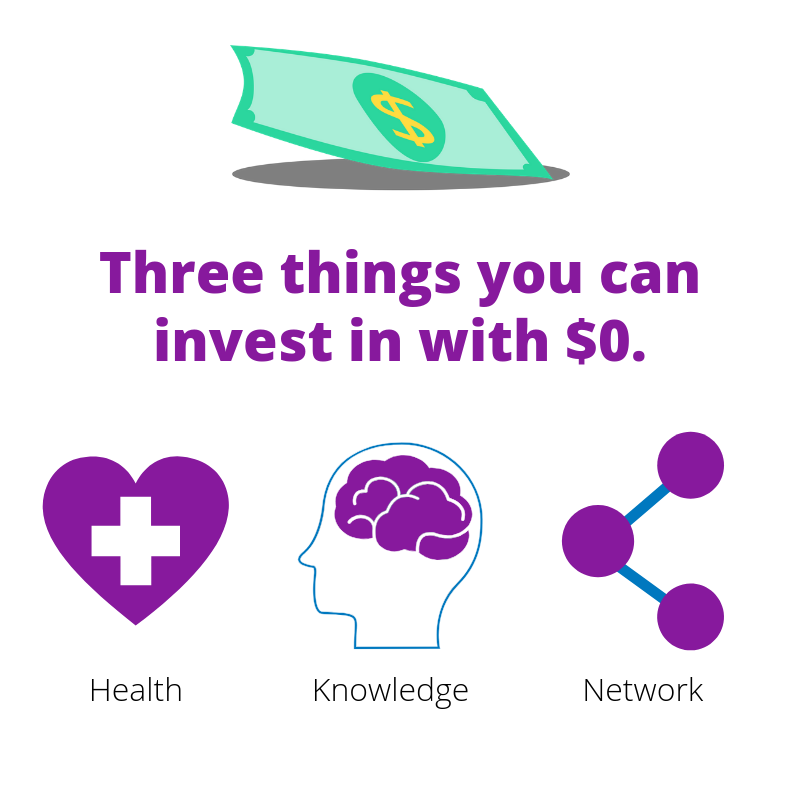
Alcohol Consumption and Impacts on Insurance
Alcohol Consumption and Impacts on Insurance
The National Health and Medical Research Council (NHMRC) recently updated its guidelines on how to reduce health risks brought on from drinking alcohol. At 6,000 deaths per year* from alcohol-attributed diseases, it’s a significant problem for Australia. But, as Professor Anne Kelso, NHMRC CEO notes, “We’re not telling Australians how much to drink” – and nor is Integrity. Like most public health initiatives, the guidelines are formulated using population-based statistics and are framed around reducing risks for an otherwise healthy average person.
When you are being underwritten for life insurance, the underwriter groups you with all the other lives that are similar to you. That means underwriting outcomes for alcohol consumption are also based on relative risk. Your individual health risk (long and short term) in respect to alcohol consumption needs to be considered taking all your own health factors into consideration.
But, just like the public health initiatives, we’re not making any moral judgement on your alcohol consumption. Nor do we increase your premiums if, for example, your consumption is more than what the government medical officer recommends. So when the guidelines are officially released in their entirety, premiums won’t be increased for drinkers…assuming what’s recommended in the guidelines is less (not more) alcohol.
In addition to your relative risk compared to the group, the underwriter also considers your health history – what has happened – or not happened – as a result of your alcohol consumption habits and decides if this is generally the experience of the rest of the insured pool like you. That’s how underwriting risk appetite is formulated (what is the risk, does it apply equally to everyone, and if not, what extra premium should those outside the pool pay?)
The underwriter will take your disclosures about how much you drink, and provided that it’s within the underwriting guidelines, will usually just accept your cover.
So, cheers! And remember, everything carries risk, not just habits like drinking alcohol – there is plenty of advice as to what low risk can be and recommendations as to how you minimise health issues. Don’t forget the definition of what ‘risk’ means is interpreted differently for different purposes.
http://ndri.curtin.edu.au/news-events/ndri-news/media-release-alcohol-causes-nearly-6,000-australi

Scott Hodgson
Chief Underwriter











